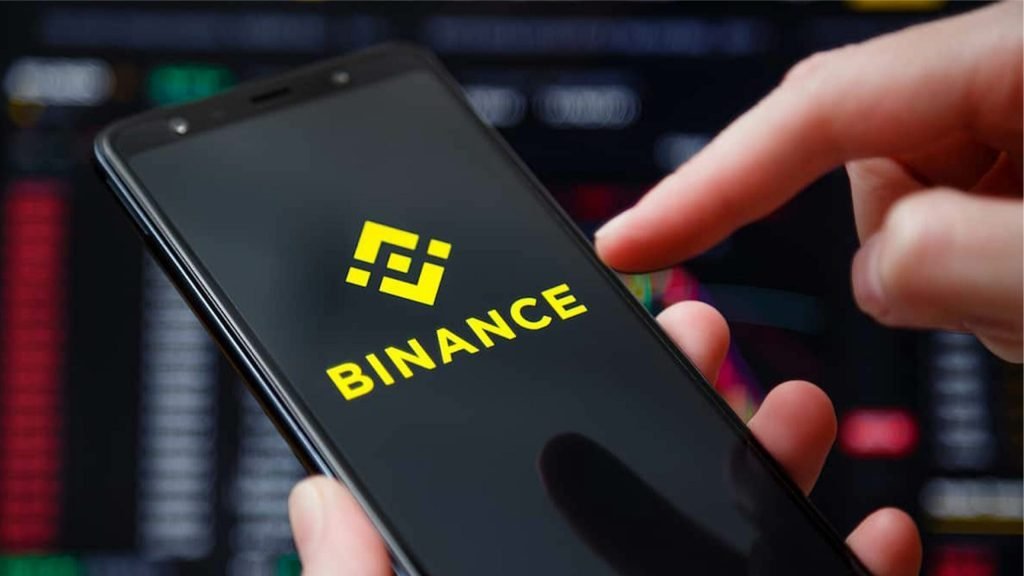Binance Obtains Regulatory Approval to Offer Crypto Products in Italy – Binance, a cryptocurrency exchange, has acquired regulatory approval from Italy’s financial regulator to serve as a cryptocurrency service provider in the country. “Clear and effective regulation is necessary for widespread adoption of cryptocurrencies,” said Binance CEO Changpeng Zhao.
Binance Italy “has acquired regulatory approval” following its registration as a Cryptocurrency Service Provider with the Organismo Agenti e Mediatori (OAM), as mandated by Italian crypto asset legislation.
According to the announcement:
“Binance Italy’s registration enables the company to provide crypto products to its customers in Italy.”
Also Read: Crypto Miners Account for Over 2% of Electricity Consumption in Russia
Binance Italy is the legal entity of the Binance Group in Italy, which was established only a few months ago.
Binance announced earlier this month that it has gained approval from the Autorité des marchés financiers (AMF) in France to operate as a registered Digital Asset Service Provider (DASP). Bahrain and Dubai recently granted the crypto exchange licenses.
Binance co-founder and CEO Changpeng Zhao (CZ) commented: “Clear and effective regulation is necessary for a widespread adoption of cryptocurrencies.”
Binance is a cryptocurrency exchange that is the largest in the world in terms of daily cryptocurrency trading volume. It was established in 2017 which is registered in the Cayman Islands.
Changpeng Zhao, a developer who had previously designed high-frequency trading software, launched Binance. Binance was originally based in China, but moved its headquarters out of the country after the Chinese government tightened its grip on cryptocurrencies.
Also Read: Bank of Russia Steps Up Efforts to Issue Digital Ruble Due to Sanctions
Binance has a wide range of services for everyone from complete crypto beginners to “DeFi degens.” Binance has enhanced its regulatory compliance in response to rising regulatory pressure in some countries by creating a trustworthy user verification system and removing (or restricting) certain controversial services, such as security tokens as well as high leveraged trading.




